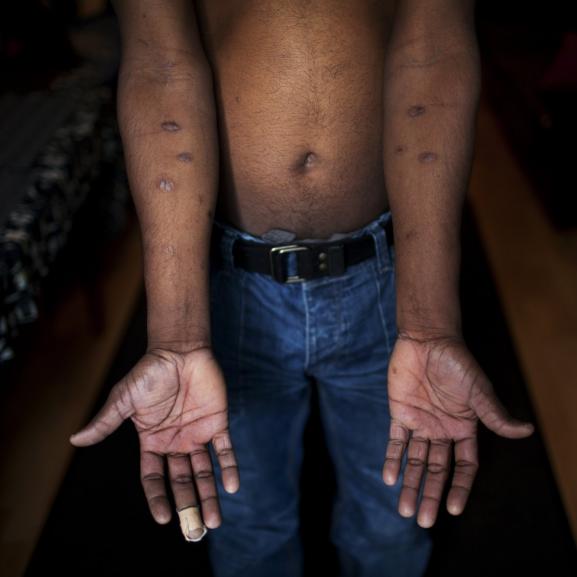Protesters killed and arrested as violence continues over disputed DRC election
Disputed elections in the Democratic Republic of Congo (DRC) have resulted in violent clashes which, according to reports from inside the country, have left a number of protesters dead and seen many more arrested by security forces.
Polls earlier this month returned incumbent President Joseph Kabila to power despite many observers criticising the election as seriously flawed.
As Kabila was sworn in this week, after the Supreme Court rejected an appeal to annul the presidential vote, his main rival Etienne Tshisekedi declared himself ‘president-elect’ and called on the country’s security forces and civil servants to disobey Kabila’s orders.
There were fears of further violence as Tshisekedi planned to hold his own inauguration ceremony at the Martyrs Stadium in Kinshasa on Friday. In the end, security forces blocked the area forcingTshisekedi to swear a makeshift presidential oath in his home as his supporters outside clashed with police who fired tear gas and arrested dozens.
Human Rights Watch also reported this week that in the days which immediately followed the disputed election, 24 people were killed and claimed that ‘the police and other security forces appear to be covering up the scale of the killings by quickly removing the bodies’.
Survivors’ hopes for an end to abuses in DRC dashed
The dangers associated with political opposition in the DRC are sadly nothing new. In the last five years alone, Freedom from Torture has received referrals for around 500 people from the country – many of whom were targeted because of their opposition to the government. These and other survivors of torture from the DRC often feel their country has been forgotten by the rest of the world and that the reality of what is happening on the ground can often go unreported by the media.
More than five million people have died in the DRC since conflict began in 1998. Despite the brokering of a peace deal in 2003, attacks on civilians in the east of the country by rebel groups remain rife. It has been well-documented that rape has been used systematically as a weapon of war. A study published in the American Journal of Public Health in 2011 found that more than 400,000 women aged 15 to 49 were raped across all provinces of the DRC during a 12-month period in 2006 and 2007. Attacks are conducted with impunity, with perpetrators fearing little risk of prosecution.
The 2011 election brought fresh hopes for change in the country. Speaking this week, one Congolese survivor from Freedom from Torture’s foundation group expressed his frustration, “nothing is changing, it’s the same president even though international bodies said the election was fixed”, whilst another spoke of her disappointment over the missed opportunity for change, “we had some hope (for these elections) but none anymore”.
Speaking about the violence that has surrounded this most recent vote, one client said he had heard reports from Western DRC of, “soldiers going home by home to kill people who are against the president”, another reported speaking to people who were too afraid to even leave their homes to go shopping because soldiers were firing at them.







